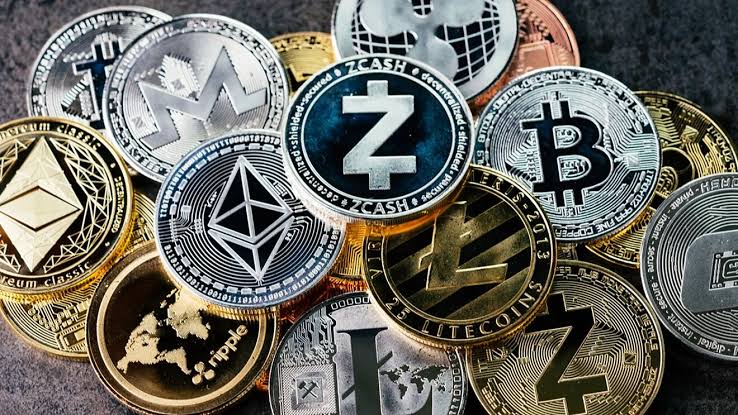It seems that there’s been bad news after bad news when it comes to reading the newspaper recently. Nigeria has seen extortionate rises in the cost of living during the past year with around 15% inflation, whilst much of the world has seen commodities fly through the roof as a result of Russia’s invasion of Ukraine. Heating, electricity, and petrol are now much more expensive.
This may seem far removed from the current crashes in stock assets, but there could be a strong link between them.
Why is technology struggling right now?
There are many factors that influence stock prices, but it’s fair to say that the bull market that tech stocks and crypto received during the pandemic was caused by western retail traders – retail traders that were locked away from spending money on their usual hobbies and given the time and stimulus checks to invest into high-risk stocks.
The way the stock market works is that the price of a stock is determined by supply and demand. Inevitably, the demand for a certain stock may not align with its intrinsic value, nor can we objectively claim what the intrinsic value of a company is anyway.
But the consensus was that tech stocks were overvalued and that crypto was in a bubble. The Nasdaq has seen two bear markets recently – at the turn of the year and then again in mid-April. What we do know is since the turn of the year, inflation has been getting higher in the US and Europe which has been accompanied by a crisis in the cost of living. Given that the stock market is made up of more retail investors now than in recent history, inevitably the decreasing purchasing power in daily life may be causing this mass sell-off of high-risk assets.
It seems that the cost of living crisis in Nigeria is not affecting the Nigerian Stock Exchange in the same way. Nigerian stocks have sidestepped the recent sell-off, with benchmark equity index up 24% this year as of mid-May. But, it seems this is born out of a lack of choice more than anything, as the shortage of hard currency has damaged Nigerians’ ability to repatriate returns.
Nigeria is increasingly focused on technology, as seen by the shift towards a tech ecosystem for the Nigeria Stock Exchange. Though, its current infrastructure is substandard, meaning tech hardware cannot be produced locally. Brokers are claiming that the harsh business climate derived from uncertainty means that Nigeria’s tech stocks will not hit the $1tr mark in 30 years’ time – though this year’s bull is at least some good news.
As a result, and as pointed out by James Agada, the former CEO of CWG (NSE), Nigerian-majority-owned companies may start operating from the US, adopting the American operating system to grow much larger. Whilst listing on American exchanges may be subject to the current turbulency and out-of-favor tech stocks, it’s likely to remain a more stable environment than the Nigerian Stock Exchange.
Crypto in Nigeria
The use of cryptocurrency for efficient systems of payment is a controversial topic still. Whilst they’re heavily used under the radar, the government wants no part of it. Just like the damage that depreciation to the Naira causes, a depreciation in Bitcoin, for example, would have a similar effect. If international sellers are not using Bitcoin as their base currency, then the price of their goods will rise when converted to Crypto.
This shows that Nigeria has taken distinctively the opposite path to El Salvador by banning the bank trading of cryptocurrencies in February 2022. The introduction of the eNaira certainly has something to do with the banning of crypto, as it came just a few months prior. This highlights the strive towards digitisation, but in the direction of retaining a centralised system. Plus with the hard currency shortage, digital currency is coming at a convenient time.
In this sense, Nigeria is becoming a leader, being one of the first to implement a government digital currency – something that China is looking to release soon too. Whilst the eNaira wallets are only available to those with a bank account (around half of Nigeria had a bank account in 2018), they’re becoming available to those simply with a mobile number – though the security of this is yet to be fully assessed.
Despite this crypto ban and despite the introduction of the innovative eNaira, crypto remains to be booming in Nigeria. But, with the way that US-retail investor investments have gone in the past few years, Nigerian owners of such crypto are putting themselves at risk of a deeply fluctuating asset. The real threat comes from a lack of education around crypto, which could see families lose savings overnight and without warning.





